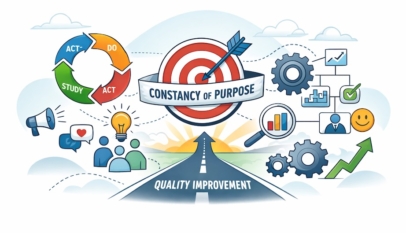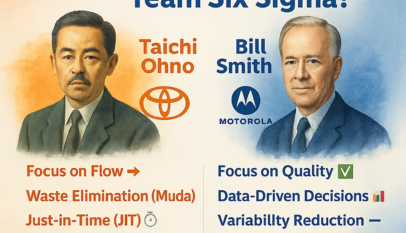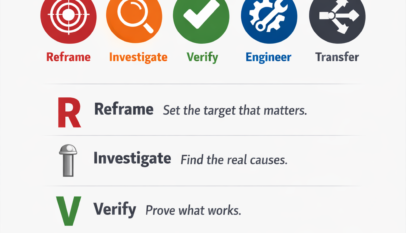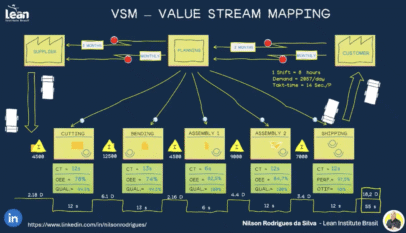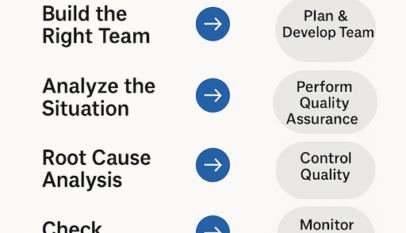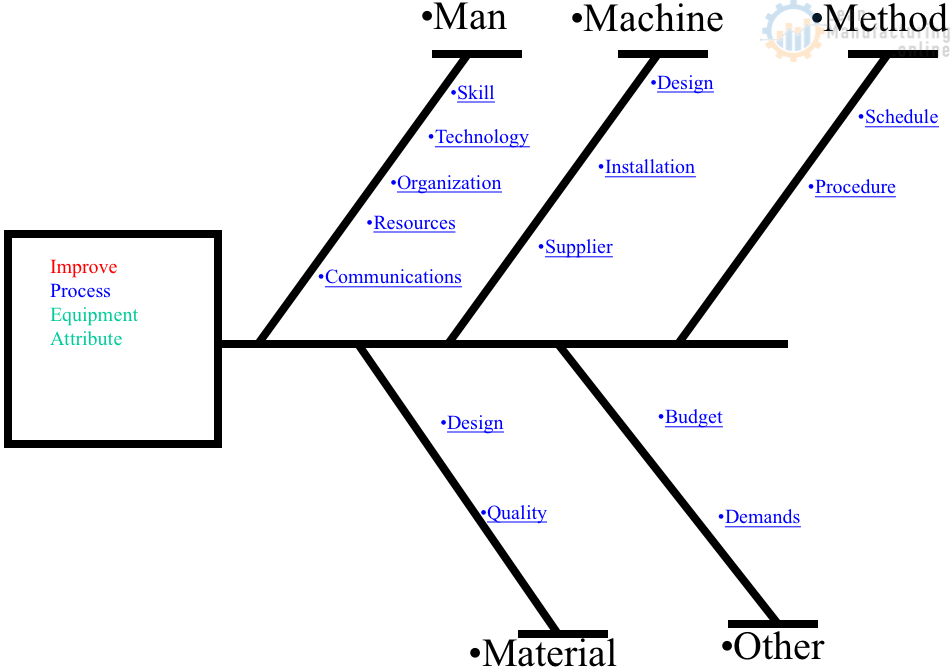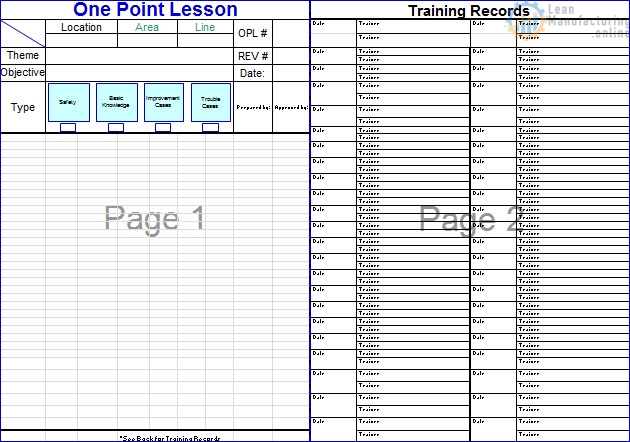The world of project management is as dynamic as it is challenging. Every project is a journey that brings new experiences and challenges but also a wealth of lessons. As a seasoned Project Management Professional (PMP), I have learned the importance of extracting valuable insights from past projects and using them to refine future strategies. In this post, I will walk you through 13 steps to effectively use project lessons learned to improve your project management approach.
1. Tracking Recurring Issues
Identifying recurring issues is one of the best ways to mitigate future project challenges. For instance, if you find that communication within the team often becomes a stumbling block, you can proactively address this by introducing a dedicated chat tool to improve collaboration. Remember, patterns are your best predictors.
2. Enhancing Risk Management
Risk management is an integral aspect of project management. Lessons learned from past risks and their impacts can help you devise more accurate risk assessments. For example, if a specific software has proven unreliable, you can allocate additional time and resources to mitigate potential issues.
3. Streamlining Processes
Identifying bottlenecks can significantly optimize your project workflows. If you discover that report approvals are causing delays, consider assigning a dedicated approver to expedite the process.
4. Evaluating Project Objectives
A critical part of improving future project management strategies involves evaluating your initial objectives against what was achieved. This analysis can help enhance future goal setting. For instance, comparing projected budgets with actual expenses can provide valuable insights for refining future project budget estimations.
5. Analyzing Team Performance
Analyzing team dynamics can significantly enhance future collaborations and group efficiency. By identifying the strengths and weaknesses of team members, you can delegate tasks more effectively in future projects.
6. Enhancing Communication
Addressing communication gaps can significantly improve project outcomes. Lessons learned can inform the need for weekly meetings, which provide a platform for team members to discuss progress and issues.
7. Developing Better Project Estimations
Learning from previous project experiences can help improve time, cost, and resource estimations. If certain tasks consistently take longer than estimated, adjusting future projections accordingly can result in more efficient planning.
8. Adjusting Project Scope
Reflecting on scope changes during past projects can help manage expectations for future endeavours. By analyzing instances of scope creep, you can develop effective protocols for managing scope modifications.
9. Fostering Knowledge Sharing
Encouraging team members to share their experiences and insights can promote a learning culture within your organization. Consider holding a project wrap-up session where the team shares their takeaways.
10. Improving Stakeholder Management
By assessing stakeholder satisfaction and alignment, you can better manage expectations. Regular check-ins with stakeholders can ensure their needs are addressed throughout the project.
11. Refining Project Templates
Modifying templates based on feedback and common project issues can streamline future projects. For example, updating project timeline templates to account for unforeseen delays can prevent project derailment.
12. Improving Vendor Management
Evaluating vendor performance and incorporating feedback can strengthen partnerships. If communication difficulties are prevalent, negotiating more favourable terms for future contracts can enhance vendor relationships.
13. Enhancing Change Management
Assessing the success of change initiatives can help refine your change management methodology. If there is resistance to change within the team, implementing improved change management strategies can foster a more adaptable environment.
In conclusion, every project is a treasure trove of lessons that can serve as a stepping stone to better project management practices. As a PMP consultant, I can vouch for the transformational power that past projects carry in the form of lessons learned. By applying these 13 steps, project managers can turn past experiences into future success.
By integrating keywords such as project management professional (PMP), risk management, quality control, stakeholder management, and change management, project managers can make their lessons learned more discoverable and accessible to a wider audience. After all, knowledge sharing is key in the world of project management.
Remember, no project is too small or insignificant from which lessons cannot be extracted. Every challenge faced, every hurdle overcome, and every success achieved is a stepping stone toward becoming a better project manager. As we strive to improve and enhance our project management strategies, let’s pledge never to overlook the power of project lessons learned.
To quote Winston Churchill, “Those that fail to learn from history are doomed to repeat it.” Let’s ensure we’re not repeating our project history but learning, growing, and succeeding with every project we undertake.


